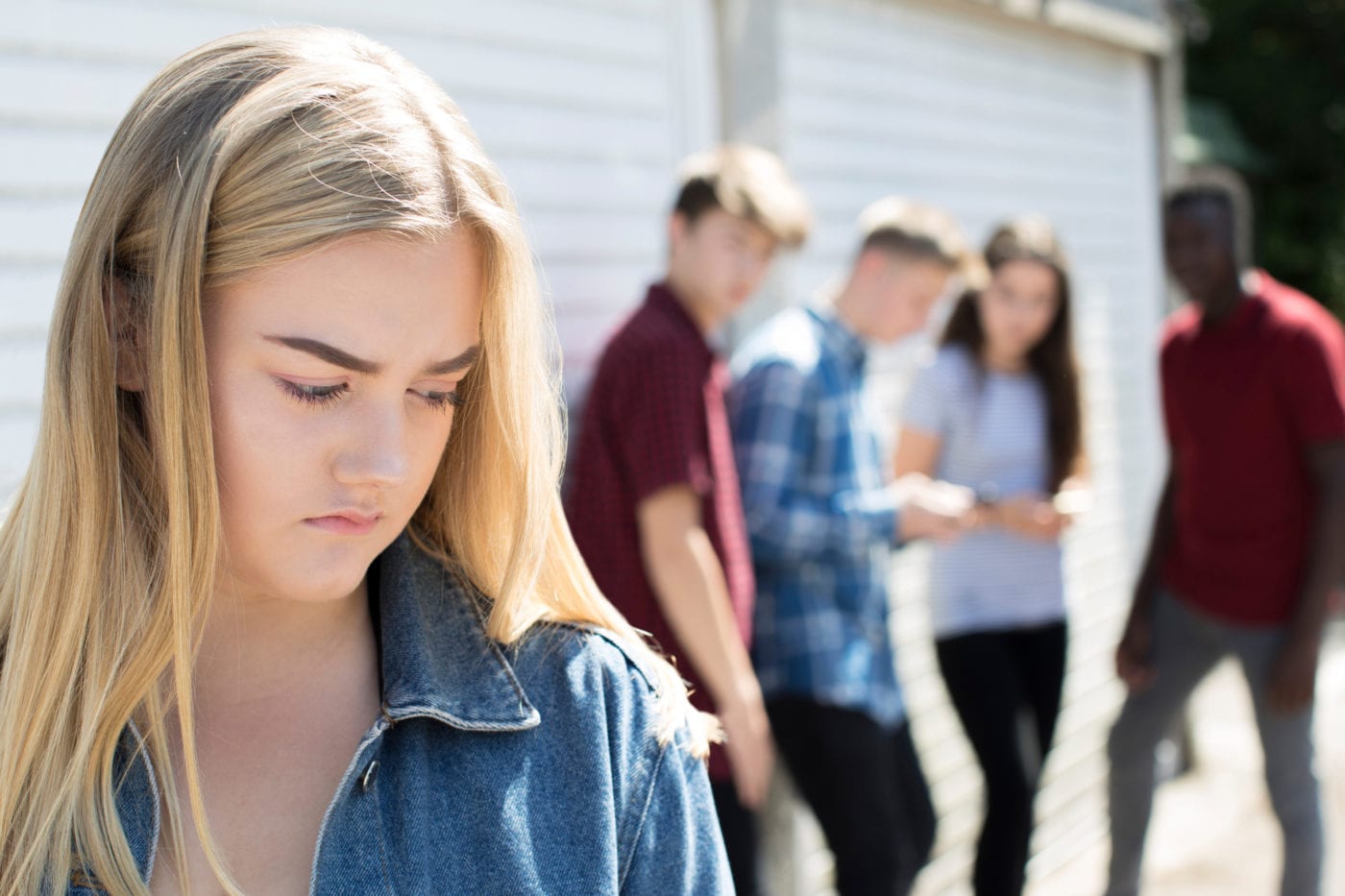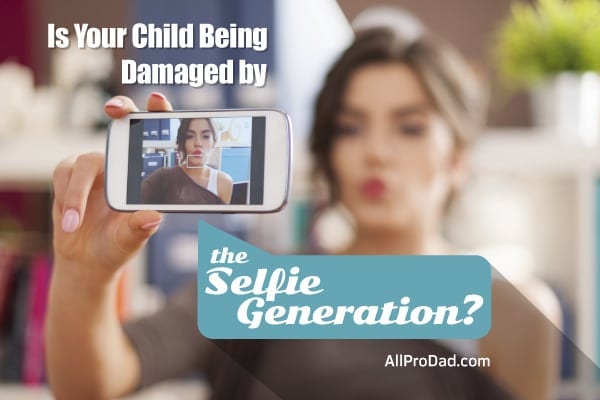When I graduated from college, I hoped to find a job in a congressional office on Capitol Hill. In my search, I connected with an employer who needed a research analyst. I still had my sights set on the Hill, but I took the job. In it, I researched international boundary coordinates for the National Imagery and Mapping Agency, to serve the Department of Defense, which sounds more interesting than it is. I mostly pored over treaties and maps in reading rooms in the Library of Congress. But there is satisfaction knowing what I did could help our military. I felt responsible for ensuring that I provided the best info and firmly correct boundaries.
Teenagers also need the right information and firm boundaries. They consistently press boundaries and take risks, some with serious consequences. The Internet, particularly social media, is another outlet for possible downfall. What dangers of social media do you think of first that teens tend to face? Sexting, predators, cyberbullying. All are damaging, more common than you think, and should be discussed. However, we can’t ignore or minimize the more subtle, everyday dangerous things kids are doing online. Here are 5 of them.
1. Posting Party Pictures
It’s one thing to party. There is plenty of potential danger in that alone. It is quite another to post all your activities (particularly illegal) for friends, family, enemies, and future employers to see. Teenagers aren’t thinking beyond the attention they receive today. But there are three questions they should answer before posting a picture: Would you be OK with it if a future boss or your principal saw it? Are you OK with your grandmother seeing this? Can someone who doesn’t like you use it against you?
2. Comparing
It’s tough to not compare our lives with one another when everything is posted online. For teens, social media quickly becomes a show, a place for them to make their lives look more exciting than others. It’s about building an image. But it nurtures embellishment, a subtle but powerful form of lying. When we lie, our true sense of identity and belonging are weakened. Those are two of the most important things teenagers are developing. Focusing on creating fantasy instead of embracing their true selves stunts their growth to maturity.
3. Wearing Oversexualized Clothing
Teenagers, especially girls, find out quickly that their newly discovered sexuality can be used for attention or even manipulation. Social media provides a wider audience for both. It feels empowering and they do not have the maturity to self-regulate. All the consequences of the first two points apply here.
4. Making Viral Video Attempts
Many want to be the next Internet sensation. Unfortunately, in order to do that, you have to do something extreme. Too often, that results in teens engaging in physically dangerous or humiliating behavior. Some risk injury or death and none are prepared for those or other consequences. That brings me to my final point.
5. Humiliating or Publicly Shaming Others
Sadly, this is not just a teen problem. It’s an “all of us” problem. Every time someone does something embarrassing or lacks integrity, someone records it and posts it without a thought. Appropriate accountability is important, but as soon as these videos are online, we descend like piranhas. Strangers’ responses to a simple mistake or lapse in moral judgment can quickly ruin a life. There is blood on our hands when we post a video, share it, or join a chorus of hateful comments contributing to a person’s destruction. Teens follow our lead and they won’t stop until we do. They don’t know any better. We should.
Sound off: What is your biggest concern with your kids on social media?










Huddle up with your kids and ask, “What do you think are the possible dangers of social media?”